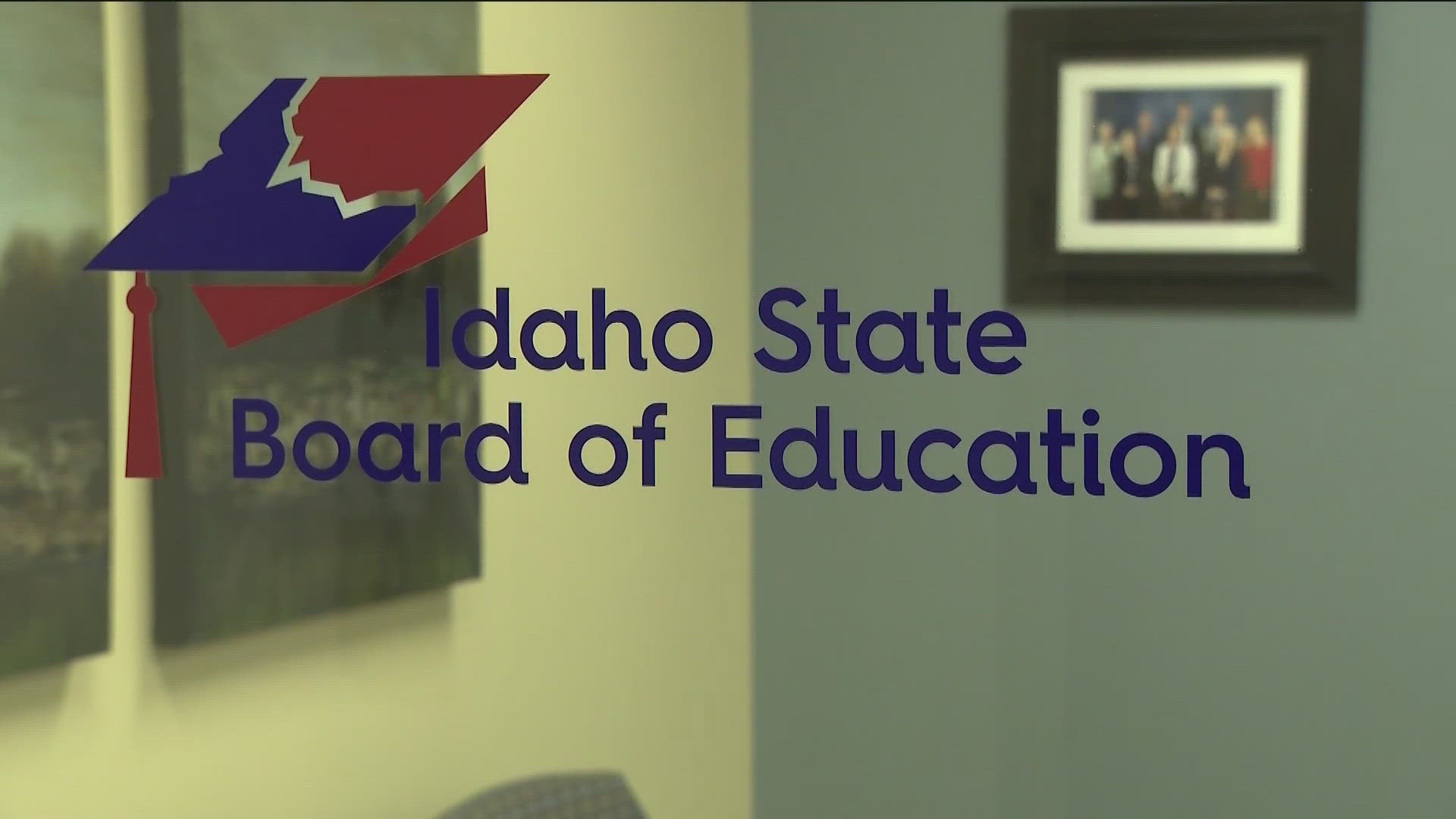BOISE, Idaho —
State tries to dissolve DEI without definition
The state of Idaho finds itself in a unique position: while legislators have engaged in heated debates about Diversity, Equity, and Inclusion (DEI) programs on public college campuses, the term itself remains undefined in the state code.
A previous attempt to define DEI during the last legislative session, spearheaded by Nampa Senator Brian Lenney, failed to even get a hearing in committee.
In 2023, the state's higher education budget, which passed despite significant opposition, included a provision banning state funds from being used for DEI-related activities in Idaho colleges and universities. This has led to immediate changes at some institutions, most notably the University of Idaho.
KTVB and several members of the 208 team contacted Boise State University, the University of Idaho, and Idaho State University, but all denied an interview. So, we asked the Vice President of Strategic Initiatives at College of Idaho (C of I), a private school, to explain what DEI actually means and why it's an important part of the college experience.
College of Idaho speaks on DEI
Latonia Haney Keith, a Harvard-educated attorney and educator on the executive leadership team of the C of I said to think of DEI as walking into a crowded room where you know no one, and you're in the minority. That could be because of gender, sexual orientation, economic status, or race.
"Our diversity equity inclusion initiatives that are happening on college campuses first make sure that all those students have that same baseline welcoming feeling and belonging," said Haney Keith.

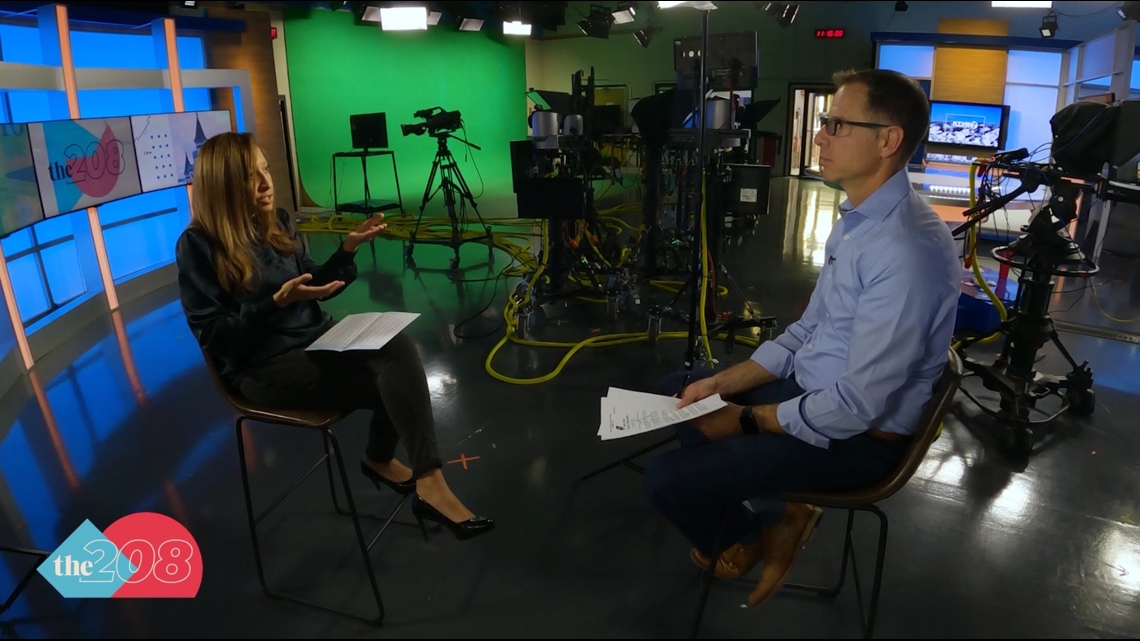
That is something she believes is summed up in the resolution's third whereas; colleges are required to create a welcoming and dynamic learning environment of belonging.
However, she says her greatest concern about the resolutions the Idaho State Board of Education is considering is what the board is trying to accomplish, what problem is it trying to solve?
"I worry that there is a misunderstanding as to diversity, equity, and inclusion initiatives on campus, that there's a reflection of that and the way this resolution is written," she said.
She challenged the underlying assumption that DEI initiatives operate as a "zero-sum game," where supporting one group of students necessarily comes at the expense of others.
Haney Keith also expressed concerns about the lack of clarity in the resolution of both what it aims to achieve and the definitions of DEI terminology.
She pointed to the portion of the resolution that states; Institutions shall ensure that no central offices, policies, procedures, or initiatives are dedicated to DEI activities.
There are exceptions like athletics, accreditation, academic research, or instruction eligibility for federal grants or scholarships.
"So my concern is how will we determine whether or not a particular office or initiative falls within the concern that's articulated at the beginning of the first resolution, which is a mandate not to focus on DEI," Haney Keith said. "That lack of clarity and that threat of enforcement, I think, has a possibility of a chilling effect among institutions that I think will lead to a detrimental effect for all students across the board."
State Board of Education discusses new draft resolution
On Thursday, the Idaho State Board of Education (ISBE) held its special meeting.
At the meeting, Joshua Whitworth, Executive Director of ISBE, reviewed a draft board of resolutions on DEI.

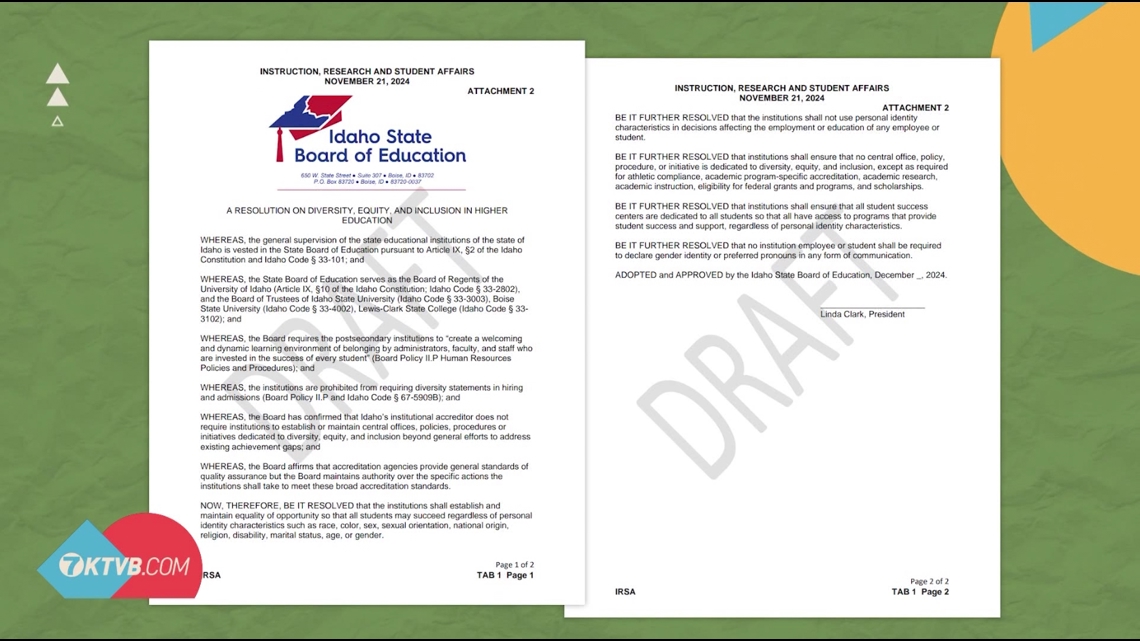
In part, the draft resolution states the following directives:
- Institutions shall establish and maintain equality of opportunity for all students regardless of personal identity characteristics
- Institutions shall ensure that no central offices, policies, procedures, or initiatives are dedicated to DEI activities
- Institutions shall ensure student success centers are dedicated to all students
- Institutions shall ensure that no employee or student is required to declare gender identity or preferred pronouns
Whitworth said no decisions have been made regarding changes to DEI programs or resources on campuses. However, students at Idaho public universities say changes have already been announced.
"It is very unfortunate to hear that, especially as I am a student right now, and kind of that just being ripped away from us, it is very heartbreaking," Arianna Perez Prado, a student at ISU, told KTVB Thursday.

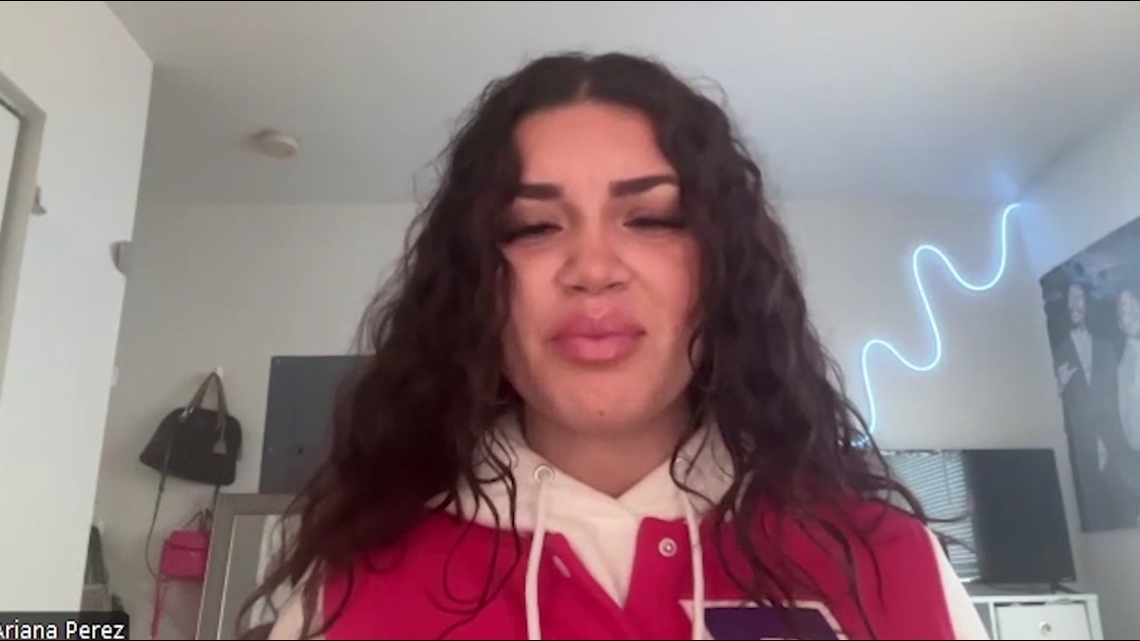
Whitworth said today's resolution is just starting the discussion but will be followed in the coming weeks with additional discussion and debate before being brought to a decision.
“The purpose is to begin the conversation around these resolutions with our board members, leaders in our communities and our institutional leadership to make sure that we are kind of approaching some of these really hard conversations,” Whitworth told KTVB Thursday.
Whitworth stated that the resolution aims to get higher education to view students as one student body rather than separately.
He emphasized the intention of investing in the success of all students equally with higher education schools upholding “equality of opportunity,” he said.
"This is not about removing support where people need it, but organizing it such that all students have access to all,” Whitworth said. “It's really an inclusionary point of view."
The resolution states that there will be no DEI central offices or policies on campus for students as well as no DEI consideration in relation to hiring and applications in higher education.
“We were just like, confused, blindsided by everything, just really disappointed more than anything, especially at our school,” Perez Prado said. “You know, it's like we would hope that our school, something that we're investing into, would have our best interest in mind.”
Perez Prado said the discontinuation of DEI resources on campus is disappointing for future students.
"It would just really make me really, really sad if other generations would not have access to that, because honestly, without them, I wouldn't be where I am today," she said.
Concerns were raised about the initial draft resolution by other members of the board, primarily revolving around expected input from higher education institutions and the need for clearer guidelines on what exact programs and resources are considered DEI that would be pulled from campuses.

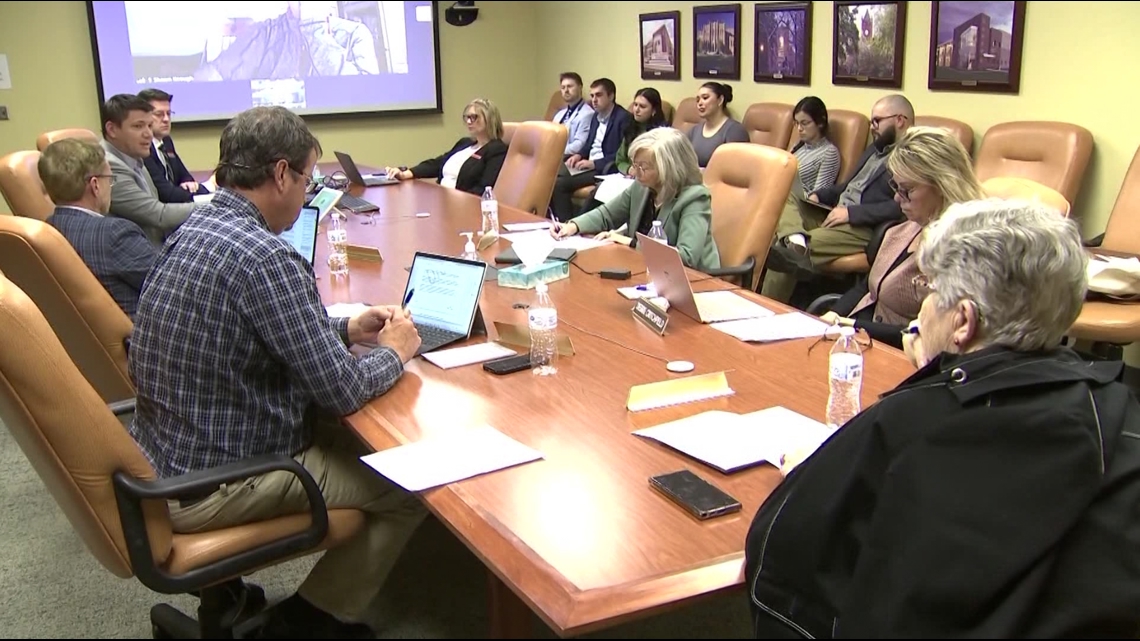
Whitworth was receptive to concerns and acknowledged that the matter would require further discussion and involvement from the higher education institutions.
Whitworth mentioned that the potential elimination of DEI programs would not solely be the renaming of programs or resources, but the actual restructuring of them.
Linda Clark, President of the Idaho Board of Education, said she views this draft resolution as a requirement of what the board already expects of the institutions.
The board's special meeting concluded with a discussion of the next steps, which included meeting with institution presidents and thoroughly vetting points of interest, as well as speaking with legislative body leaders.
Students weigh in on UofI's preemptive action of dissolving the EDU unit

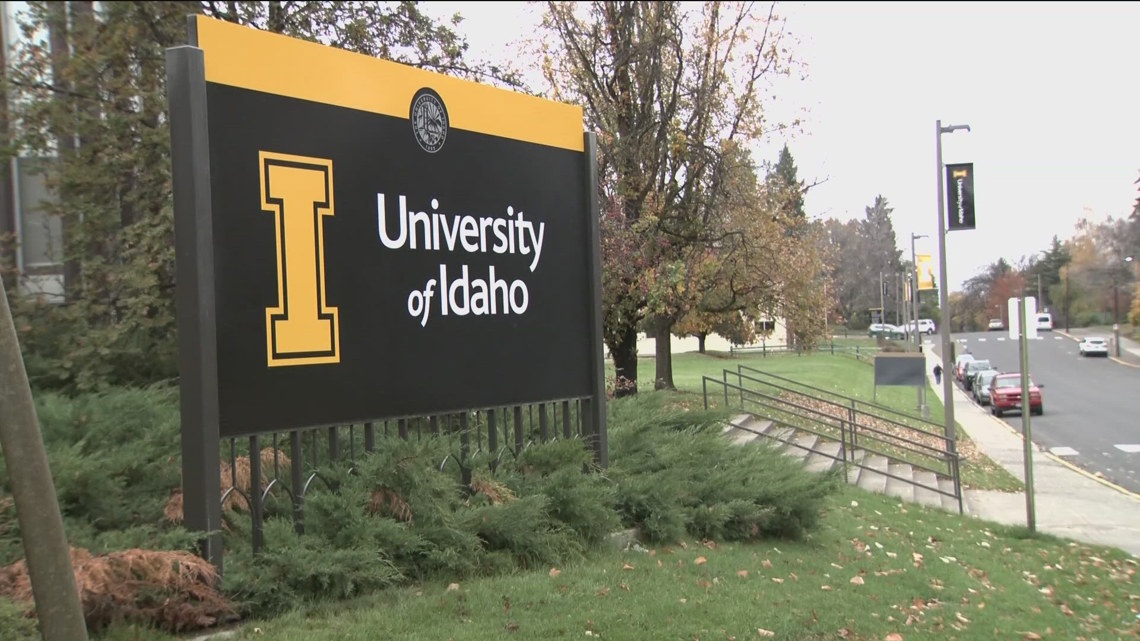
Students at the University of Idaho who participate in DEI programs on campus told KTVB they met with administrators on Monday.
In that meeting, students and staff members who use and work in the DEI offices were told the university’s Equity and Diversity Unit would soon disappear.
“The silence and heartbreak that you could feel in that room was really, it was there,” Anthony Gonzalez, a student UI, told KTVB.

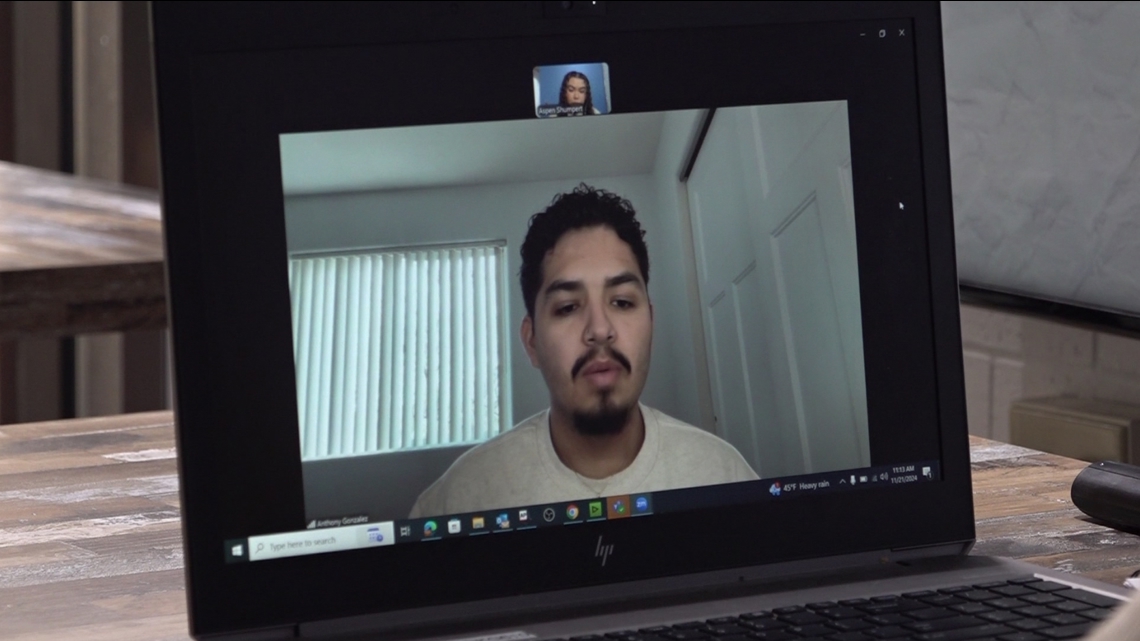
He is also the President of a student-led group, UNITY, that works with many of the DEI offices. Gonzalez said many students are sad and angry.
DEI offices will close their doors on Dec. 14, according to University of Idaho students. Those offices include:
- The Office of Multicultural Affairs
- The Black and African American Cultural Center
- The Women’s Center
- The LGBTQ+ office
However, on Friday, In an email to students and staff on Friday, the University of Idaho administration said they are now holding off from closing offices part of its Equity and Diversity Unit (EDU).
A copy of the email was shared with KTVB.
"Because the university does not want to act too quickly or take actions that do not meet the expectations of our board, we have not and will not move forward with the closure of any units until we can be sure of such alignment," administrators wrote in the email.
But when students initially heard the news on Monday, they said the university’s decision was to take preventative measures, preparing for what could come from the upcoming legislative session.
"I'm not surprised that more anti-DEI bills are being drafted right now,” Gonzalez said. “I'm not only scared for our college campuses, but I'm scared for our workplaces in Idaho and what it might mean for Idaho in general."
Gonzalez joined The Office of Multicultural Affairs back when he was a freshman.
“A lot of these students are first-generation, so they don’t exactly know what they’re doing,” Gonzalez said about The Office of Multicultural Affairs. “These programs really just taught them how to (do) college.”
He added these groups provide resources but are also heavy on support for those who need it.
Alex Gomez is also a student at the University of Idaho.
When asked if she was disappointed by the university’s announcement, she said, “I can understand why they didn’t wait. I think in their minds, it was better to protect people earlier on, rather than it’s too late and we don’t have time to prepare people."

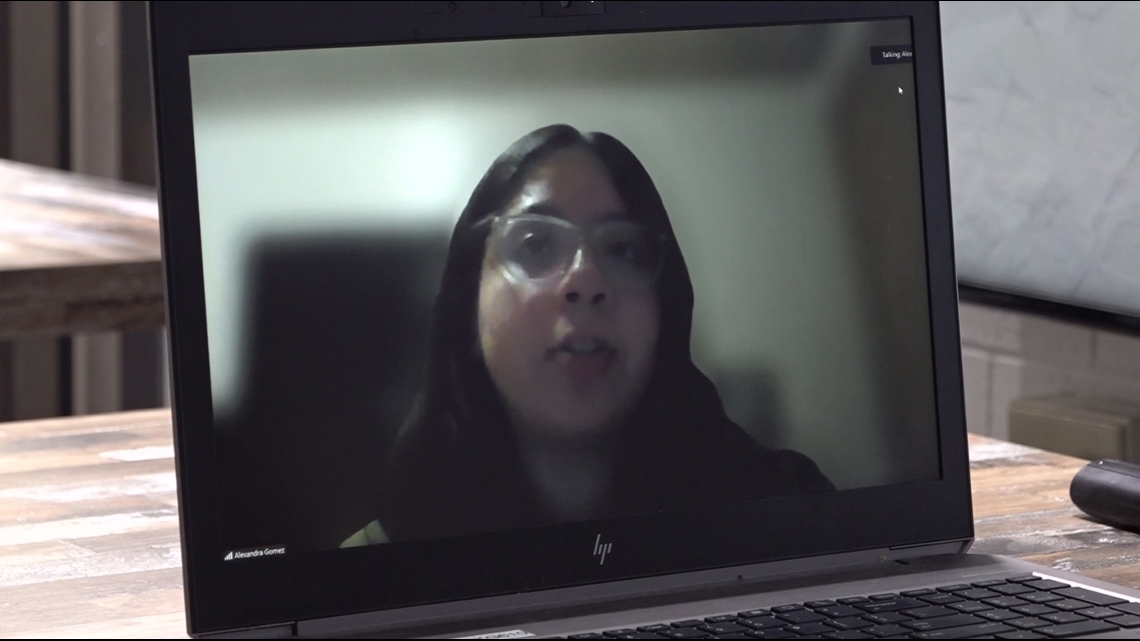
She added many of her friends are considering leaving the university and the state.
“I’ve seen a lot of racial discrimination on our campus,” she said. “I am worried about how people will feel, comfortability wise.”
Gomez said it's tiring to constantly prove to someone why these resources deserve to be on campus.

